Inflammation is a natural immune response. In the short term, it's protective, your body's way of fighting off infection or healing after injury. But when inflammation lingers, it becomes chronic. Chronic low-grade inflammation has been linked to many health issues. These include joint pain, fatigue, digestive distress, hormonal imbalance, autoimmune conditions, cardiovascular disease, and even skin breakouts. That's why implementing an anti-inflammatory diet is key to better health.
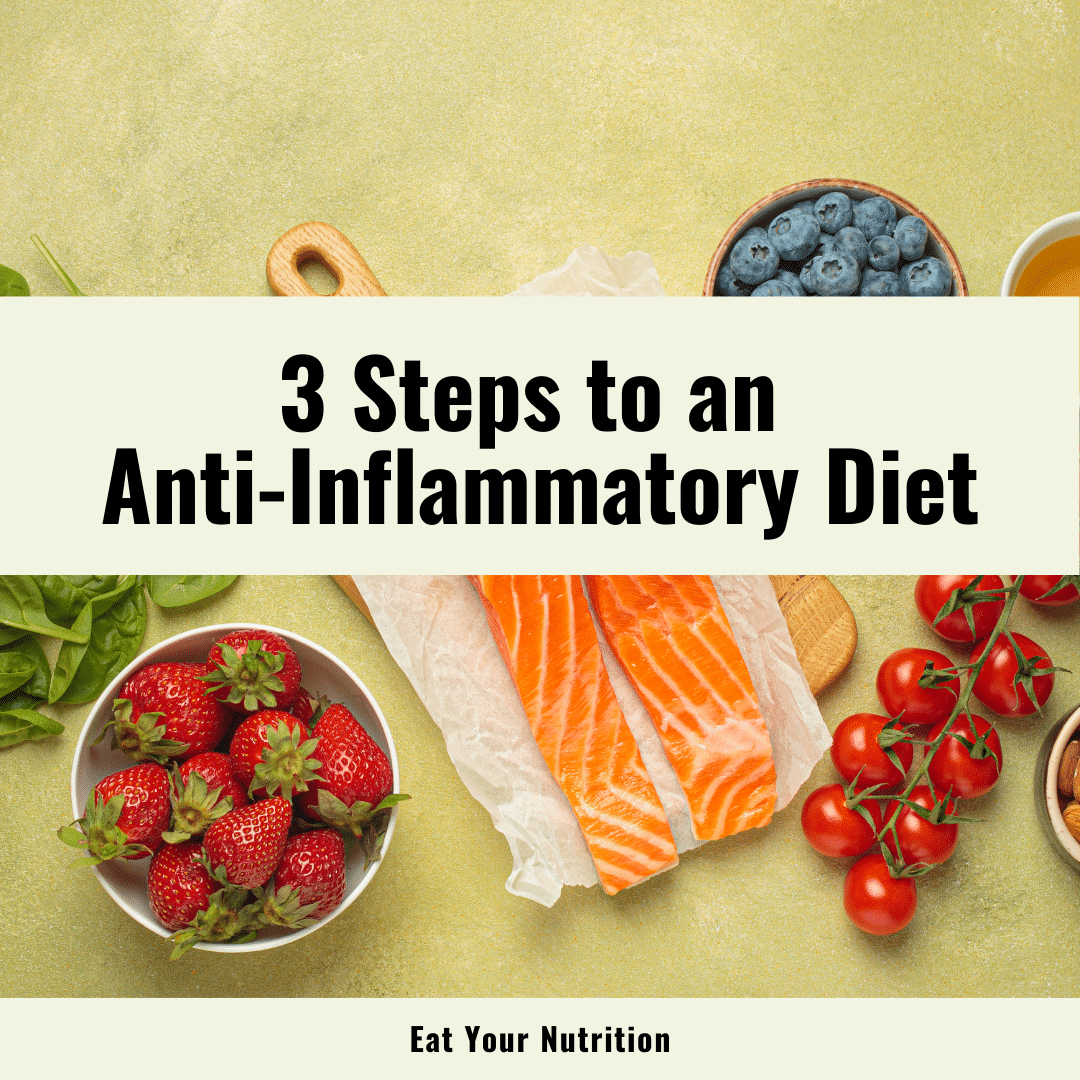
Table of Contents
⁉️ Why An Anti-Inflammatory Diet Matters?
As a Nutritional Therapy Practitioner (NTP), I see firsthand how dietary choices impact inflammation. They can either fan the flames or help extinguish them. The foods you eat each day have incredible power. They can shift your body's internal environment from one of stress to one of healing.
The good news? An anti-inflammatory diet doesn't need to be complicated. Focus on three core steps. Choose whole foods. Minimize sugar and sweeteners. Prioritize healthy fats. By doing this, you can transform your health, energy, and well-being.
Let's explore these three steps in depth.
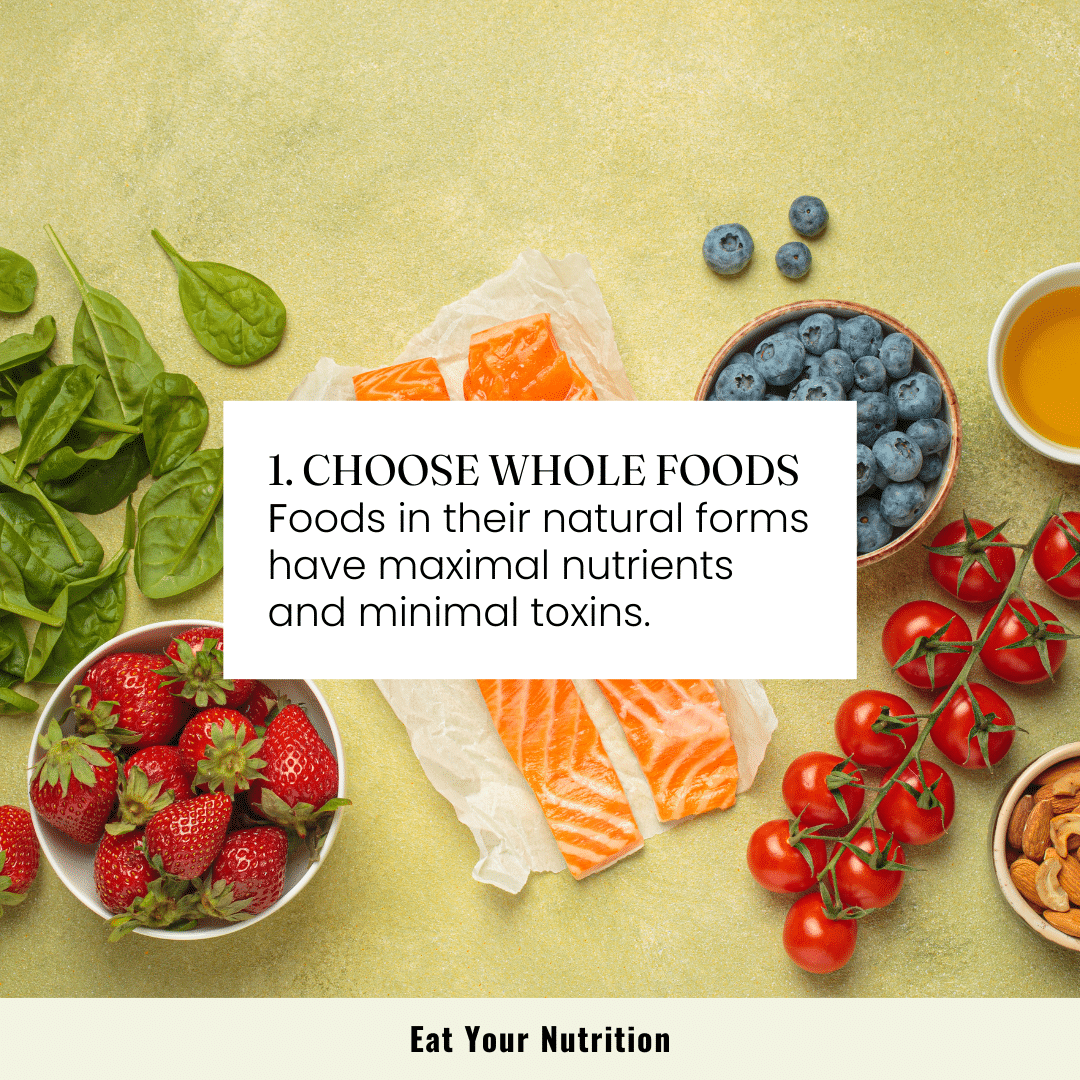
🥗 Step 1: Choose Whole Foods
Whole foods are foods as close to their natural state as possible. Fresh vegetables, fruits, quality proteins, nuts, seeds, and unprocessed grains. These foods are nutrient-dense. They contain vitamins, minerals, fiber, antioxidants, and phytonutrients. The body uses these to regulate inflammation and repair tissues. By adhering to an inflammation diet like this we can enhance our overall health.
Why Whole Foods Are Powerful?
When foods are processed, like when refined, packaged, or filled with additives, they often lose vital nutrients. They then gain inflammatory triggers like industrial oils, preservatives, or excess sodium.
Think of it this way: whole foods nourish, while ultra-processed foods deplete.
Nutrients That Combat Inflammation
- Antioxidants - Found in berries, leafy greens, colorful vegetables, and herbs. Antioxidants help neutralize free radicals. These radicals contribute to oxidative stress and inflammation.
- Phytonutrients - Plant compounds like flavonoids are found in onions, tea, and apples. Carotenoids are found in carrots, sweet potatoes, and kale. These compounds play protective roles in the body.
- Fiber - Abundant in whole plant foods, fiber feeds your gut microbiome. A balanced gut helps regulate the immune system and calm inflammation.
- Minerals - Magnesium, zinc, and selenium, found in nuts, seeds, legumes, and seafood, play critical roles in calming inflammatory pathways.
Practical Tips For Eating More Whole Foods
- Shop the perimeter of the grocery store where fresh produce, meats, and dairy are usually located.
- Cook at home more often, even if it's simple meals like roasted veggies and grilled chicken.
- Read ingredient labels. The fewer ingredients, the better. If it looks like it came from nature, it's likely a whole food.
- Batch prep fruits and veggies so you always have cut-up produce ready for snacks or quick meals.
Examples of Whole Food Swaps
- White bread → sprouted grain or sourdough bread.
- Sweetened yogurt → plain Greek yogurt with berries.
- Potato chips → roasted chickpeas or kale chips.
- Sugary cereal → overnight oats with chia seeds and fruit.
By choosing whole foods, you supply your body with nutrients. You also avoid many of the toxins and additives that worsen inflammation.
⭐️ Pro Nutrition Tip: Crowd Out Inflammation With Healthy Fats
One effective way to lower inflammation is by swapping out harmful fats. Replace trans fats and processed seed oils with nourishing, anti-inflammatory fats. These healthy fats support your joints, skin, and hormones. They also help you feel more satisfied after meals. This makes it easier to resist sugar cravings and energy dips.
✨ Try This:
At each meal, include a source of anti-inflammatory fat alongside your protein and veggies. Think avocado, wild-caught salmon, extra virgin olive oil, walnuts, chia seeds, or coconut oil. These fats offer steady energy and work at the cellular level to calm inflammation.
👉 Example: Instead of cooking with vegetable oil, sauté your vegetables in olive oil and top your salad with avocado and pumpkin seeds. These small swaps add up to big results over time.
Mindset tip to pair it with:
"Each time I choose nourishing fats, I'm giving my body the building blocks it needs to heal and thrive."
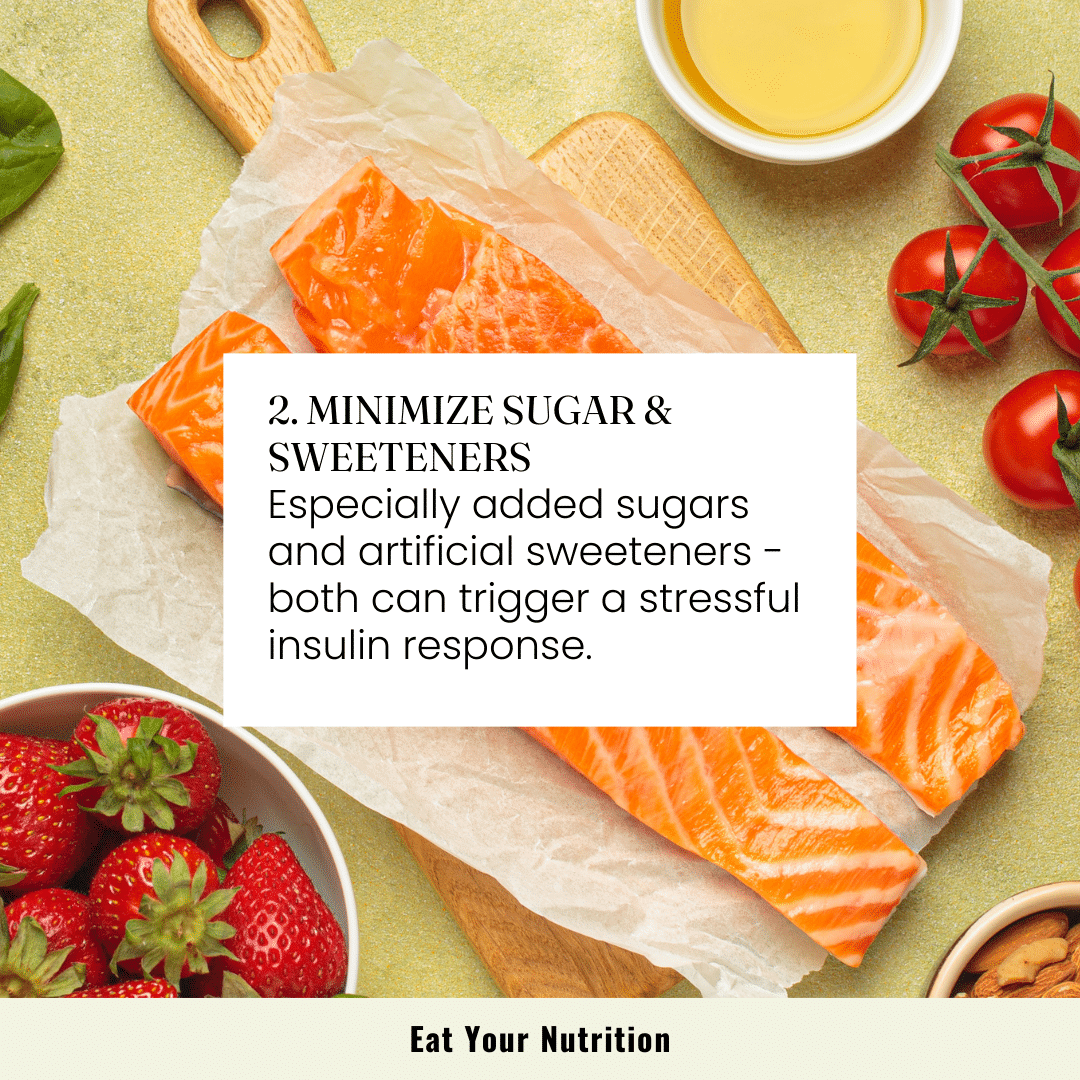
🍭 Step 2: Minimize Sugar And Sweeteners
The Hidden Inflammation Trigger
Sugar is one of the most powerful drivers of chronic inflammation. Our bodies can handle small amounts of natural sugars, like those found in fruit. Yet, most modern diets are flooded with added sugars and artificial sweeteners. These disrupt metabolism and hormone balance.
Your blood glucose rises quickly when you consume sugar. This prompts a surge of insulin. It helps shuttle glucose into your cells. Over time, repeated spikes lead to insulin resistance, weight gain, and systemic inflammation.
Artificial sweeteners seem like a "healthier" option. Nevertheless, research shows they can disrupt gut bacteria. They also increase cravings and trigger similar metabolic stress responses.
Where Sugar Hides?
Even if you don't have a sweet tooth, sugar sneaks into many everyday foods:
- Salad dressings
- Condiments like ketchup and barbecue sauce. Try my healthy barbecue sauce recipe.
- Breakfast cereals
- Flavored yogurts
- Energy bars
- Sports drinks and flavored waters.
- Bread and baked goods.
The Blood Sugar-Inflammation Connection
- Blood sugar spikes trigger oxidative stress.
- Insulin surges promote fat storage and hormonal imbalances.
- High sugar intake promotes advanced glycation end products (AGEs), compounds that damage tissues and accelerate aging.
Tips to Reduce Sugar and Sweeteners
- Read labels carefully - Look for hidden sugars under names like cane juice, maltodextrin, corn syrup, or agave.
- Cook at home - Homemade dressings and sauces remove the hidden sugar load.
- Choose naturally sweet whole foods - Fruits, especially berries, can satisfy cravings while delivering fiber and antioxidants.
- Balance your meals - Pair carbohydrates with protein, healthy fats, and fiber to slow digestion and prevent glucose spikes.
- Crowd out cravings - Often sugar cravings are linked to nutrient deficiencies (magnesium or chromium) or lack of balanced meals.
Healthy Alternatives To Satisfy A Sweet Tooth
- Fresh fruit with nut butter.
- Coconut chia pudding with berries.
- Cinnamon in coffee or tea instead of sugar.
- Baked apples with cinnamon and walnuts.
When you reduce sugar and sweeteners, your body can return to a more balanced state. You experience steadier energy. There can also be clearer focus and reduced inflammation.
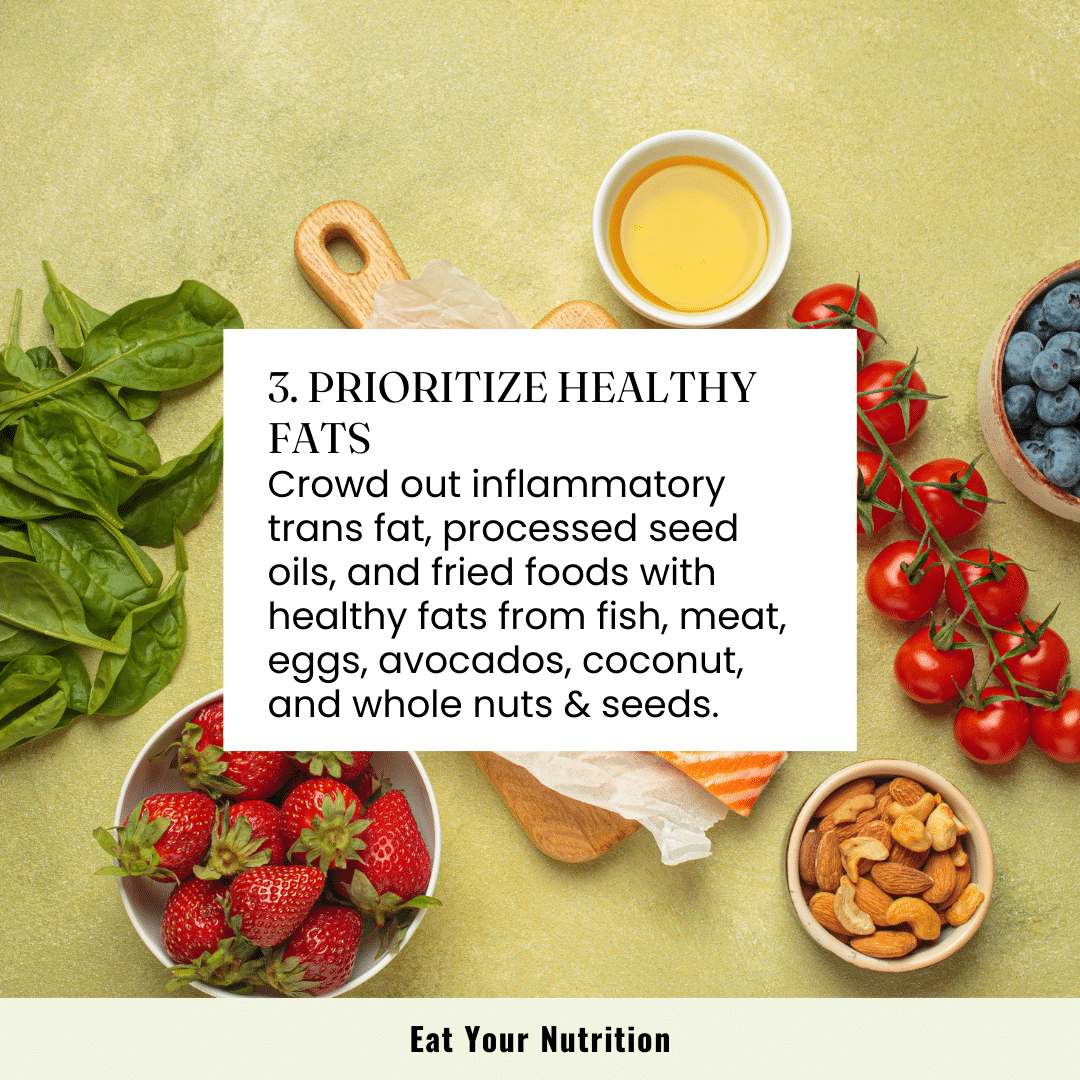
🥑 Step 3: Prioritize Healthy Fats
For decades, fat was vilified in the nutrition world. But science now confirms: fat is essential for hormone health, brain function, and regulating inflammation. The key lies in choosing the right fats.
Rethinking Fats And Inflammation
Trans fats, fried foods, and refined seed oils like soybean, corn, and canola oils are inflammatory fats. They all trigger oxidative stress. They interfere with cellular communication. On the other hand, anti-inflammatory fats supply omega-3s and monounsaturated fatty acids that soothe the body's inflammatory pathways.
Sources Of Anti-Inflammatory Fats
- Fatty Fish - Salmon, sardines, mackerel, and anchovies provide EPA and DHA omega-3s.
- Pasture-Raised Eggs and Meats - Better omega-3 to omega-6 balance than conventional sources.
- Avocados - Rich in monounsaturated fats and fiber.
- Olive Oil - High in oleic acid, a potent anti-inflammatory compound.
- Coconut Oil - Contains medium-chain triglycerides (MCTs) that support metabolism.
- Nuts and Seeds - Walnuts, chia seeds, flaxseeds, and hemp seeds provide plant-based omega-3s.
Fats To Avoid
- Trans Fats - Found in margarine, baked goods, and some packaged snacks.
- Highly Refined Vegetable Oils - Soybean, corn, cottonseed, safflower, and sunflower oils used in processed foods and fast food.
- Excess Fried Foods - These create harmful byproducts that inflame tissues.
How Healthy Fats Fight Inflammation
- Omega-3 fatty acids act as precursors to anti-inflammatory molecules.
- Monounsaturated fats improve insulin sensitivity.
- Saturated fats from whole-food sources (like coconut or grass-fed meats) provide stable energy and help regulate hormones.
Practical Ways To Add Healthy Fats
- Drizzle olive oil over roasted vegetables.
- Add avocado slices to salads or sandwiches.
- Sprinkle flaxseeds or chia seeds on oatmeal.
- Use coconut oil or ghee for high-heat cooking.
- Snack on a handful of almonds or walnuts.
- Choose wild-caught salmon for dinner once or twice a week.
By crowding out harmful fats with nourishing ones, you create a foundation for long-term cellular health and reduced inflammation.
📥 GET THIS RECIPE IN YOUR INBOX 📥
🌀 Gut Ritual Harmony Tip:
Slow Down To Calm Inflammation
Before diving into your meal, pause and take 3 deep, intentional breaths. This simple ritual activates your parasympathetic nervous system. The "rest and digest" state while helping your body shift out of stress mode and into healing mode. When you're calm, digestion improves. Nutrient absorption increases. Your body can use food as true nourishment rather than another source of stress.
If you often eat while multitasking, scrolling, or feeling rushed, your body can struggle to break down the food completely. It also has difficulty utilizing the nutrients effectively. Just a few slow breaths can help. They create the space for calm, conscious eating. This is a powerful anti-inflammatory practice in itself.
✨ Bonus: Try setting your fork down between bites. This helps slow your pace, improve digestion, and allows your hunger and fullness cues to catch up.
Nutrition Mindset To Hold:
"Slowing down is part of my anti-inflammatory lifestyle."
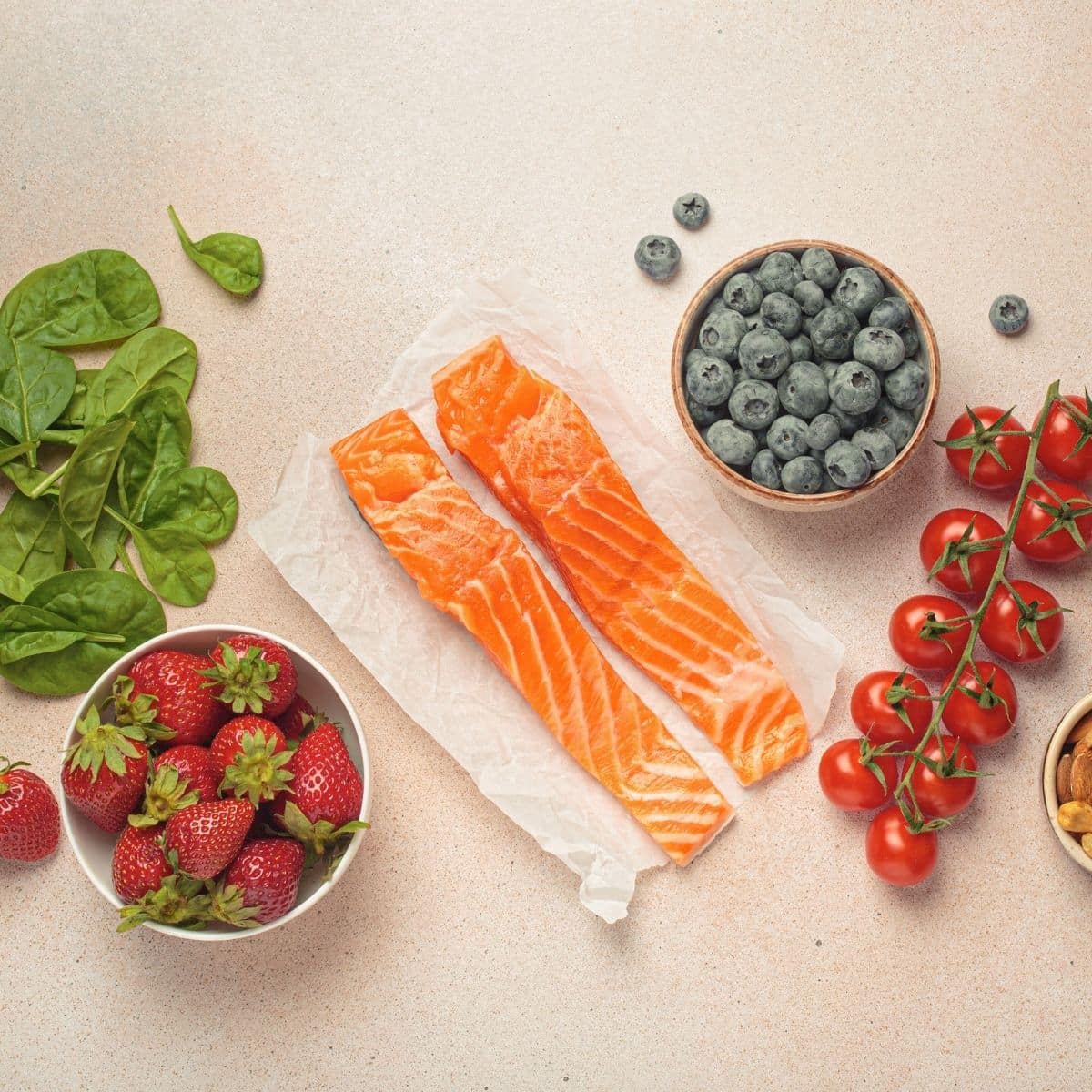
🌀 Putting It All Together: Building Your Anti-Inflammatory Plate
First, focus on whole foods. Then, limit sugar intake. Lastly, include healthy fats. These steps create meals that balance blood sugar. They stabilize hormones and nourish every system in your body.
Here's an example of what a daily menu looks like.
- Breakfast - Scrambled eggs with spinach, avocado slices, and a side of berries.
- Lunch - Grilled salmon salad with mixed greens, olive oil, walnuts, and roasted sweet potatoes.
- Snack - Carrot sticks with hummus and a handful of pumpkin seeds.
- Dinner - Coconut chicken curry with cauliflower rice and sautéed broccoli.
- Dessert - Baked pear with cinnamon and a sprinkle of flaxseed.
This style of eating is delicious, satisfying, and sustainable. No deprivation required.
🧡 Extra Lifestyle Factors That Support Anti-Inflammatory Eating
While food is the foundation, lifestyle also plays a major role in managing inflammation. To maximize results try these healthy lifestyle tips.
- Prioritize sleep (7-9 hours per night).
- Move daily with a mix of strength training, walking, and flexibility exercises.
- Manage stress through meditation, deep breathing, or journaling.
- Stay hydrated with clean water and herbal teas.
- Nurture gut health with probiotics and fermented foods.
🪜 Small Steps Create Big Change
An anti-inflammatory diet is not a temporary fad but it's a lifestyle that supports healing, longevity, and vibrant energy. Choose whole foods. Minimize sugar and sweeteners. Focus on healthy fats. By doing this, you give your body the tools it needs to calm inflammation naturally.
Remember, progress is more important than perfection. Start with one step. Swapping out your cooking oil for olive oil or replacing soda with sparkling water. Over time, these small shifts add up to powerful changes in your health.
Your body has an incredible capacity to heal. All it needs is the right fuel.
💚 Want More Support On Your Anti-Inflammatory Journey?
Join the Eat Your Nutrition email newsletter and get my free guide: AutoImmune Roadmap: Your First Steps To Feeling Better.
Once you join my email newsletter, you'llf discover simple tools, mindset shifts, and holistic nutrition strategies. These resources will help you calm inflammation and feel steady in your body. Compassion is always at the center. True healing starts with how you care for yourself. It's not just about what's on your plate.
💬 Let's Keep The Conversation Going
There's no perfect, one-size-fits-all anti-inflammatory diet. Your path to less pain, more energy, and better digestion is deeply personal. It is shaped by your mindset as much as your meals.
You start to see meals differently when you choose foods with intention. Meals become acts of care instead of rules to follow. The way you think about your body makes the difference between quick fixes and lasting transformation. How you speak to yourself also plays a role. Additionally, the energy behind your choices is crucial.
This season, let your wellness journey be an invitation to nourish instead of restrict. Come home to whole foods. Stabilize energy by minimizing sugar. Feel the difference when you fuel with healthy fats.
Here's to creating ease, balance, and vitality all from the inside out. One meal, one thought, one choice at a time.
☀️ Your Turn: Tune Into Your Nourishment Mindset
Have you noticed how much calmer your body feels when your food choices come from care, not guilt?
✨ This week, ask yourself:
- Am I choosing foods that energize and reduce inflammation or ones that leave me drained?
- What's one processed food I can swap for a whole food that supports my body?
- How can I bring more healthy fats into my meals instead of relying on quick convenience foods?
- Am I speaking to myself with encouragement or criticism when I think about my wellness?
Remember: Sometimes the most powerful anti-inflammatory tool isn't another supplement or recipe but it's a kinder inner dialogue.
🌱 Share your reflections in the comments or tag me on Instagram @EatYourNutrition. I'd love to hear which mindset shift is helping you embrace a calmer, more nourished approach to eating.
Tag #EatYourNutrition and #TheHarmonyMethod so we can build a community of mindful, supportive change.
🧠 Let This Be Your Permission To:
- Eat whole foods with joy, not judgment.
- Focus on progress, not perfection.
- Choose fats that fuel healing and not your inner critic.
- Rest and reset as often as needed.
Because real nourishment isn't about about strict rules. It's about a healing relationship with your body, your plate, and your peace of mind.
Every compassionate meal...
Every intentional thought...
Every small swap for less sugar, more whole foods, and healthier fats...
✨ That's how real healing begins. That's the power of an anti-inflammatory lifestyle. --- Laura Villanueva
💚 Want More Support For Anti-Inflammatory Living?
Explore our Eat Your Nutrition Shop for tools to help you.
- Reduce inflammation naturally with whole foods.
- Support digestion, hormones, and energy.
- Build anti-inflammatory habits without overwhelm.
- Make wellness feel simple and enjoyable.
You deserve to feel calm, steady, and supported all without extremes.
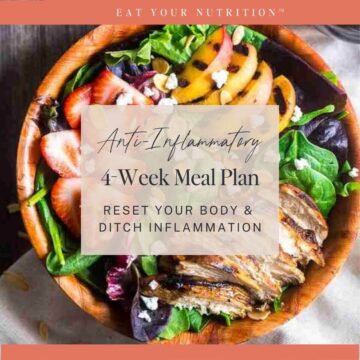
✨ Want To Dive Deeper Into Anti-Inflammatory Eating?
👉 Explore the Anti-Inflammatory Meal Plan
This 4-week meal plan is designed to calm inflammation, nourish your body, and make healthy eating feel simple and delicious. Think of it as your step-by-step roadmap to more energy, better digestion, and a clearer mind. All without the guesswork.
Inside you'll get:
- A 4-week anti-inflammatory meal plan with done-for-you recipes and shopping lists.
- Balanced, whole-food meals that help reduce inflammation naturally.
- Practical tips for swapping out sugar, processed foods, and unhealthy fats.
- Guidance to support digestion, hormones, and steady energy.
- A compassionate approach to eating. No restriction, just nourishment.
If you're ready to fuel your body with foods that heal, start today. These foods will support your well-being. This is your invitation to make a change.
✨Grab the Anti-Inflammatory Meal Plan Here ➡️
📧 Share This Article With Someone Who Needs Help With Inflammation
If this nutrition article helped you rethink your approach to food and inflammation, share it. You can forward it to a friend, client, or loved one. Let's create a community that thrives on nourishment, not noise.
Together, we're redefining what healing looks like:
- Not rigid.
- Not rushed.
- But rooted.
- Real.
- And resilient.
💚 You're not behind. You're simply beginning again with more clarity.
That's what alignment feels like.💚 Your rhythm is enough.
Let it carry you forward.


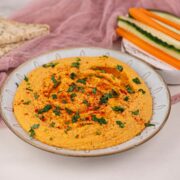



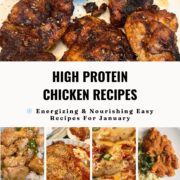






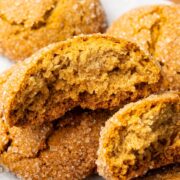
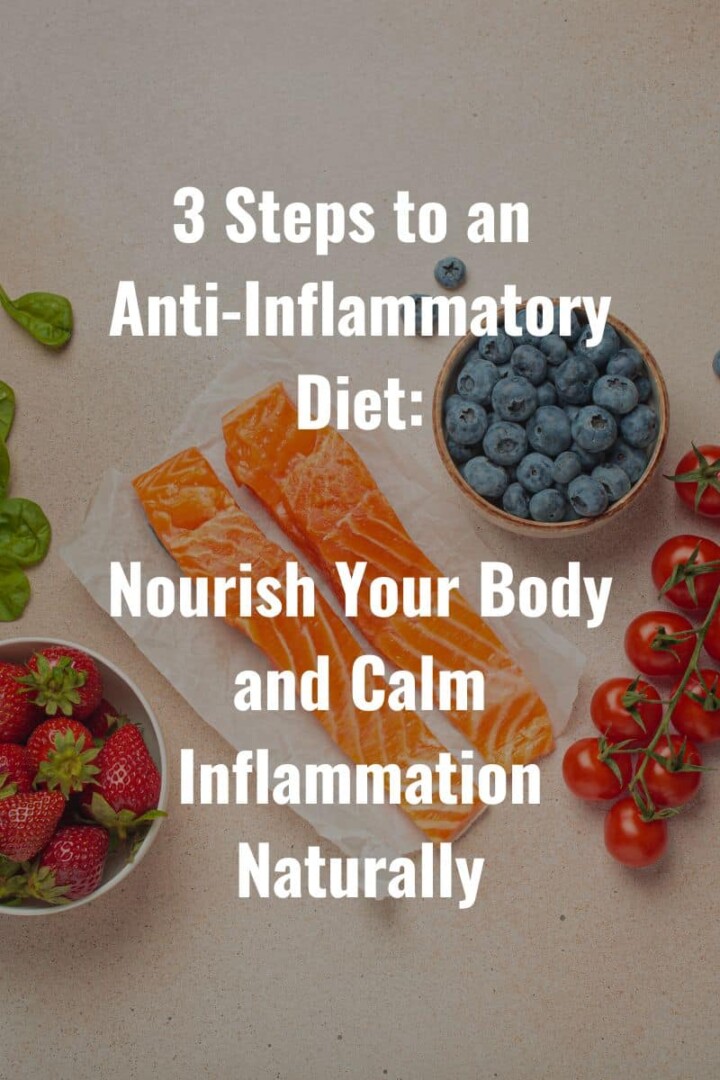
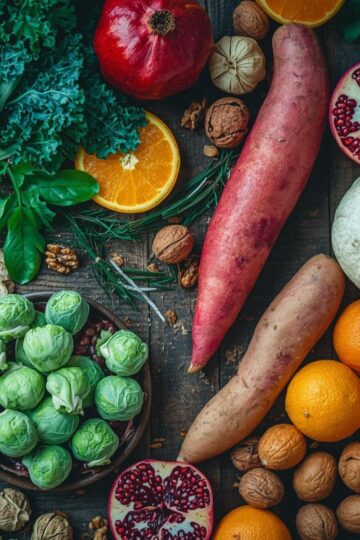
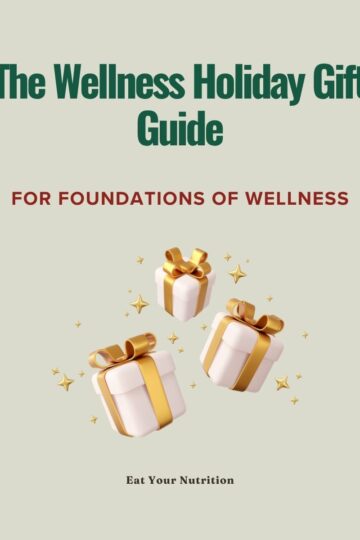
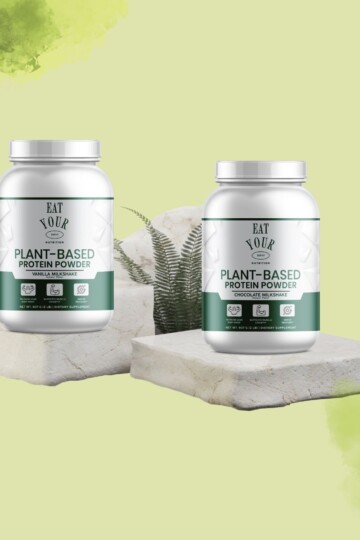

Comments
No Comments